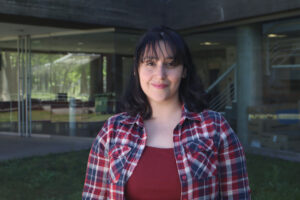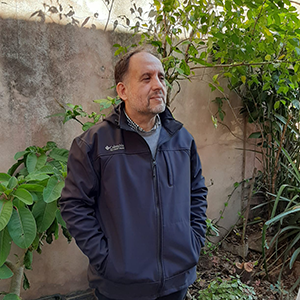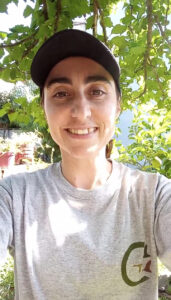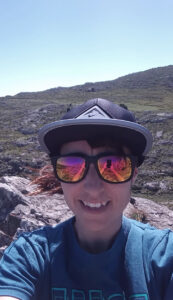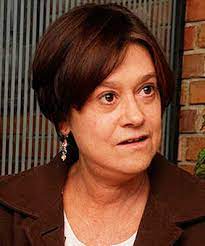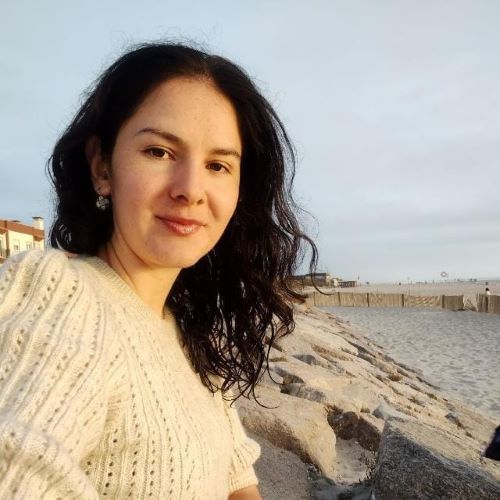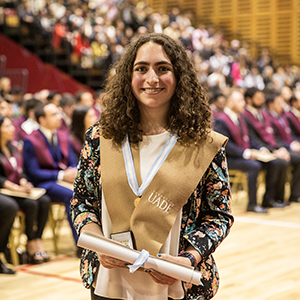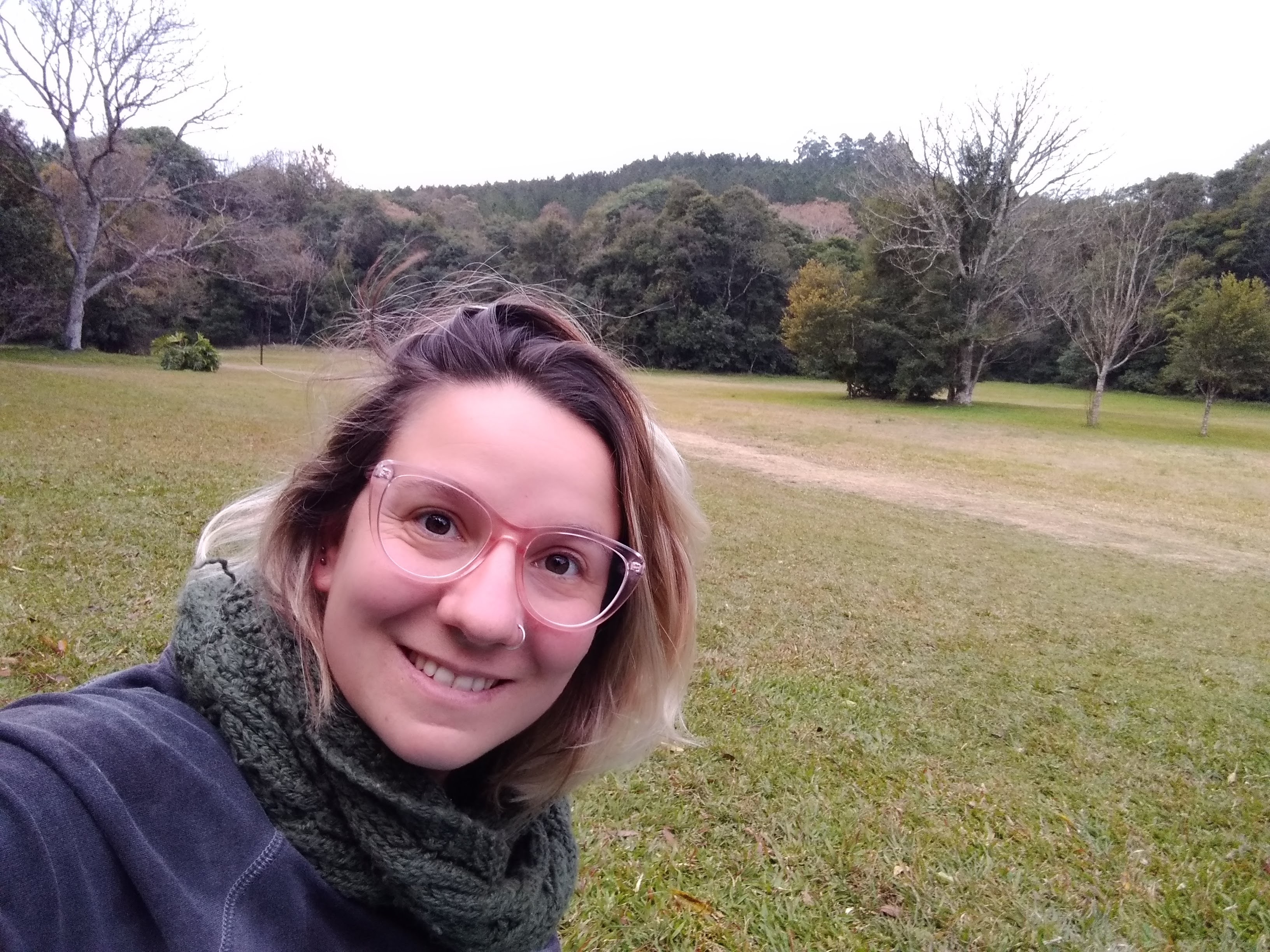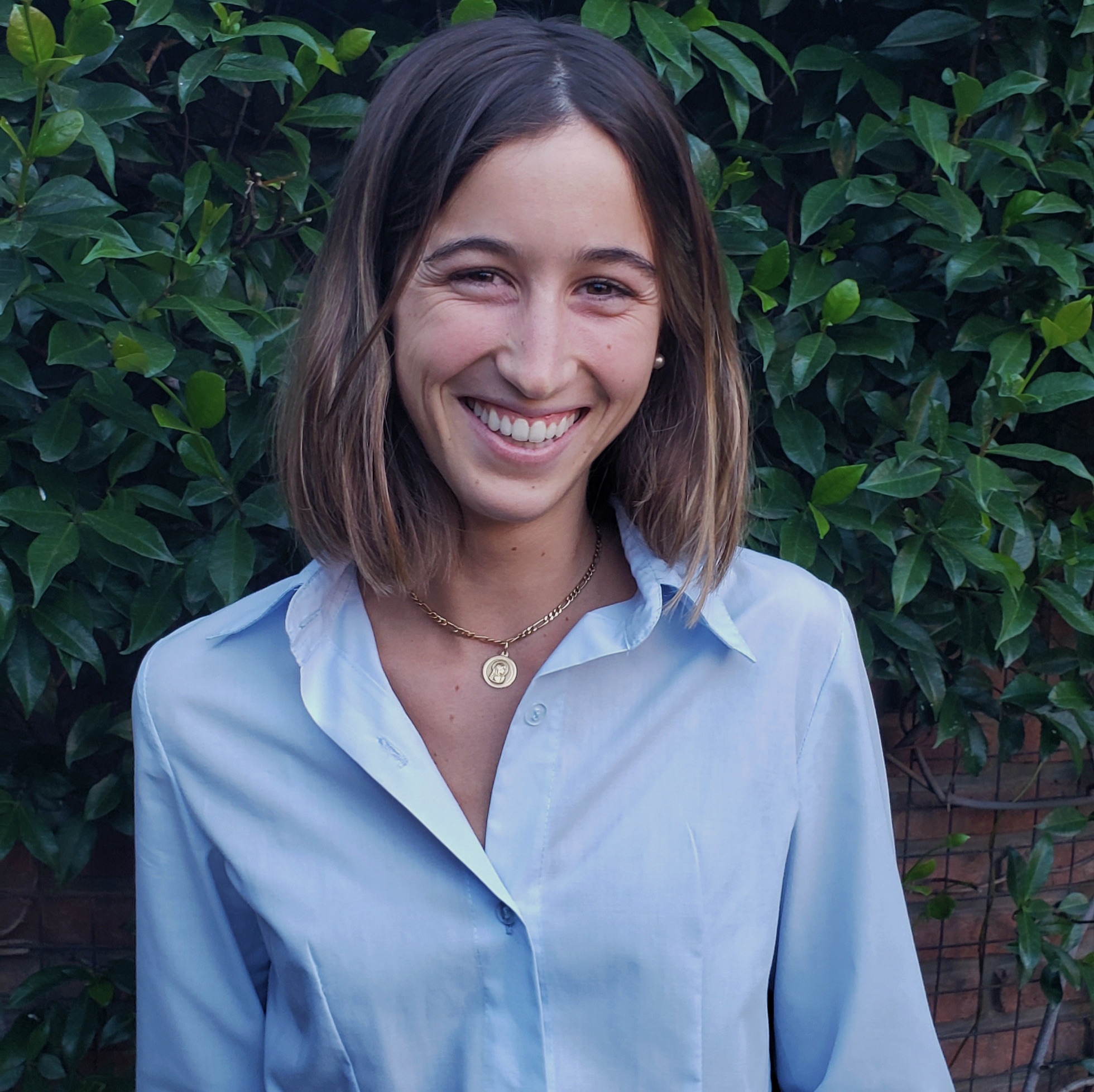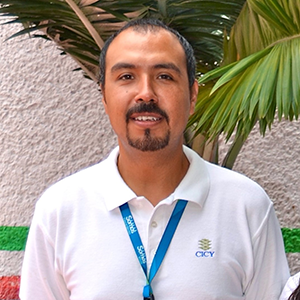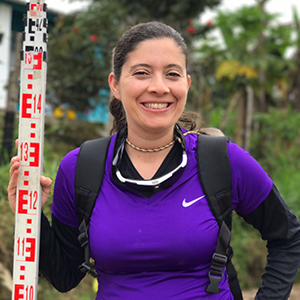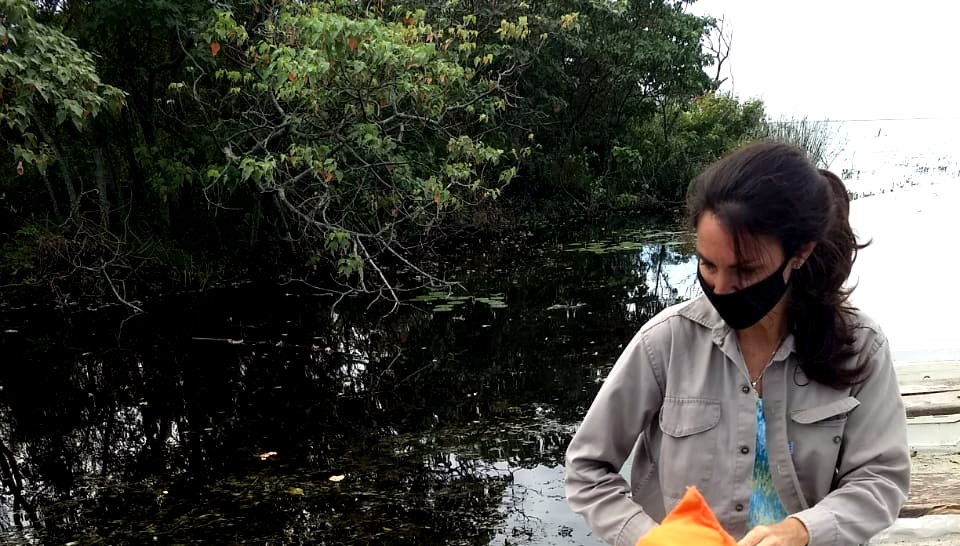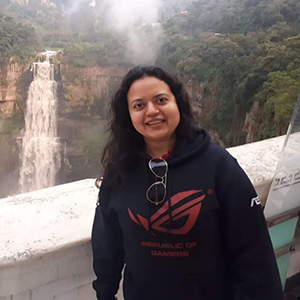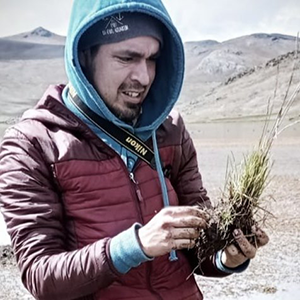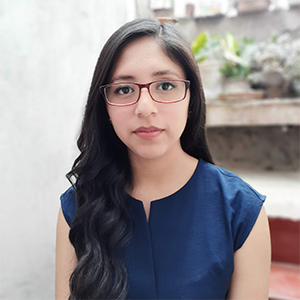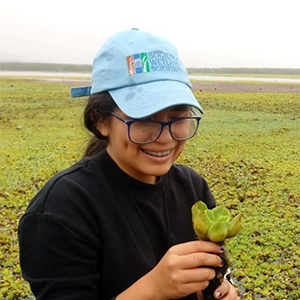SWS Student Mentoring Programfor Latin America and the Caribbean
HumMentor is a mentoring program sponsored by the Society of Wetland Scientists (SWS) for senior undergraduate and early graduate students from Latin America and the Caribbean (LAC) countries who are conducting research or scientific outreach in wetland science. Its goals are (1) to stimulate and promote wetland science education in LAC countries, (2) to encourage the publication of collaborative wetland research from LAC countries, and (3) to grow a network of wetland scientists and practitioners across Latin American and the Caribbean.
Under the program, one to three students will work collaboratively on a project in wetland science under the mentorship of a local scientist from their host institution and the virtual mentorship of at least one international scientist from the Society of Wetland Scientists (SWS). Projects may be in any aspect of wetland science and are proposed by local mentors and students. Many types of projects are possible, including original research, database compilations, a regional regulatory review, a case study of wetlands at risk, a review of poorly documented regional wetlands, a review of poorly known aspects of LAC wetlands, or even scientific outreach efforts that communicate key aspects of wetland science to non-scientific audiences. Each mentorship lasts one year, and by their end, students must prepare a science communication document based on the project results. Initial manuscripts will be in the student’s own language, but they will be translated into English prior to publication.
It is expected that, following project completion, teams selected for the program will publish an article about the outcomes of their project in Wetland Science and Practice and provide a webinar presentation about the project in the SWS Spanish Language Webinar Series or in the regular SWS webinar series. In addition, teams are encouraged to present their work in venues such as the following, or other appropriate formats.
- For projects in science outreach, students may also prepare a non-traditional document, such as an outreach video, detailed pamphlet, comic book, etc., accompanied by a written description of the results of the outreach to be published in WSP;
- Attendance and oral/poster presentation at a local ecological/wetland conference along with a short paper published in WSP;
- Publication in a regional peer-reviewed scientific journal (e.g., Acta Biológica Colombiana);
- Publication in an international peer-reviewed journal (e.g., Wetlands or Wetland Ecology and Management).
As an example, in the 2020 inaugural year of the program, two senior undergraduate students from Peru worked with scientists to build a database of organizations focused on wetlands in Andean countries (Argentina, Bolivia, Chile, Colombia, Ecuador, Peru, and Venezuela). This review resulted in a publication of the article “Wetland Science in Latin America and the Caribbean Region: Insights into the Andean States” in Wetland Science and Practice (October 2020 issue).
HumMentor Committee and SWS International Mentors:
- Dr. Román Alejandro Canul Turriza
- Dr. Derek Faust
- Dr. Daniel Campbell
- Dr. Keryn Gedan
- Dr. John J. Ramirez-Avila
Advisory Members:
- Dr. Tatiana Lobato de Magalhães
- Dr. Gary Ervin
Society of Wetland Scientists Student Mentoring Program for Latin America and the Caribbean is hosted by the International Chapter and Education Section.
HumMentor Application Guidelines:
- The program is open to groups of 1 to 3 senior undergraduates or early-stage graduate students who are registered in an educational institution in Latin America or the Caribbean. Each student must present copies of academic transcripts as proof of higher academic standing.
- A local mentor must be identified from an educational institution, a governmental agency or conservation organization. The local mentor must present his or her curriculum vitae with the application. He or she does not need to have specific expertise in wetland sciences, but they are expected to have sound qualifications in a related field. They must state how their qualifications will allow them to mentor students (100 words maximum).
- Students and prospective local mentors must together propose a project that is feasible to complete within one year. They must include a brief project proposal with the background, a problem statement, the goals, and the expected outcomes to wetland science in LAC countries (300 words maximum). When a project is accepted but not sufficiently explicit, the SWS mentors may work with students and the local mentor to fine-tune it.
- Students and the prospective local mentor must specify the probable format(s) of the scientific communication(s) document that they will produce by the end of the mentorship (50 words maximum).
- Students must together state how they expect the mentorship to improve their understanding of the scientific process and science writing and communication (100 words maximum).
- Students and prospective local mentors must propose probable start and end dates for the mentorship.
- Students and prospective local mentors must propose a tentative timeline of dates for completing project milestones/tasks, including estimates of time commitments for each participant on each milestone/task. Project timelines can be updated as the project progresses after discussion and approval by SWS international mentor(s).
- Students and local mentors must apply for the mentorship program to the SWS-LAC governing committee by completing the application form.
- Applications must be written in English, but candidates are encouraged to send the original version in Spanish, Portuguese or French, if English is not their mother tongue.
Deadline: May 30, 2025

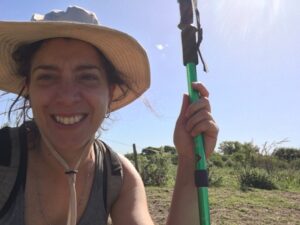
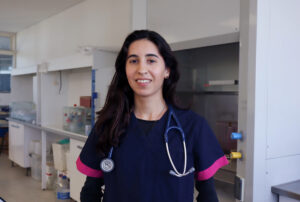 and
and 